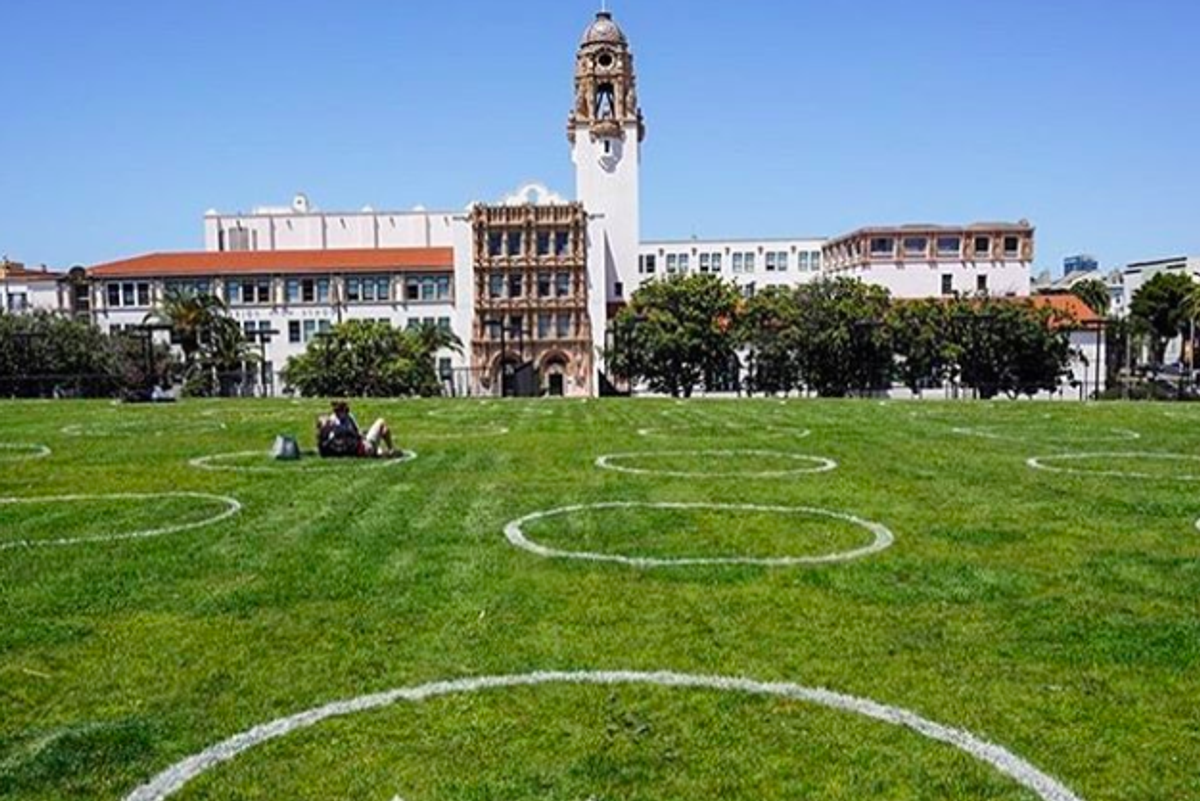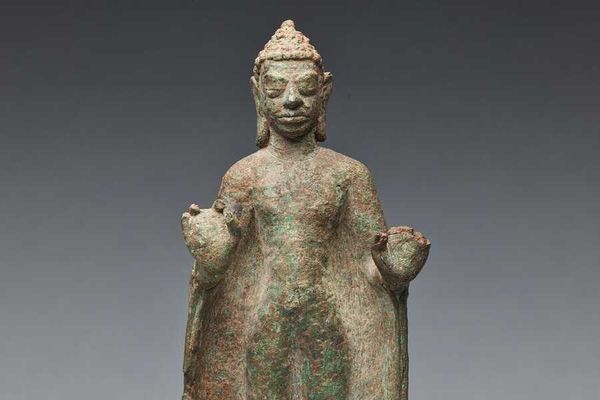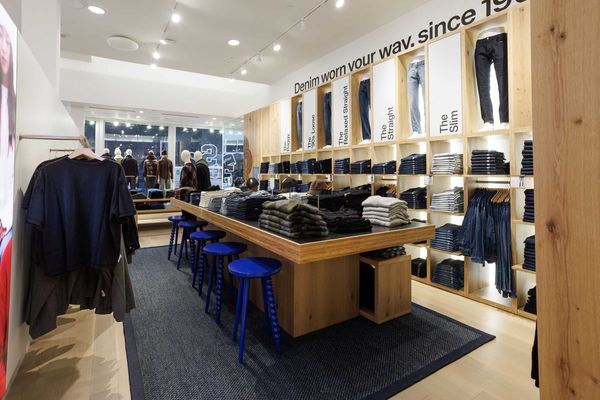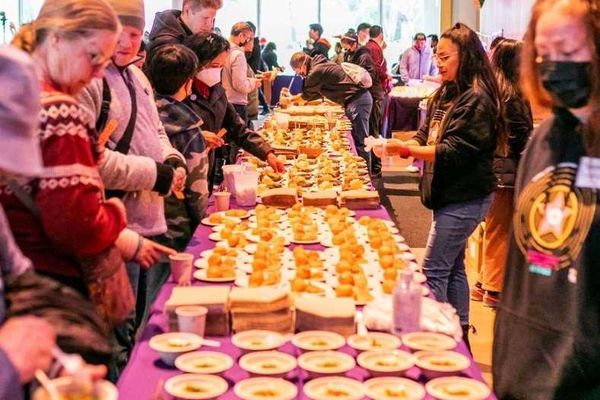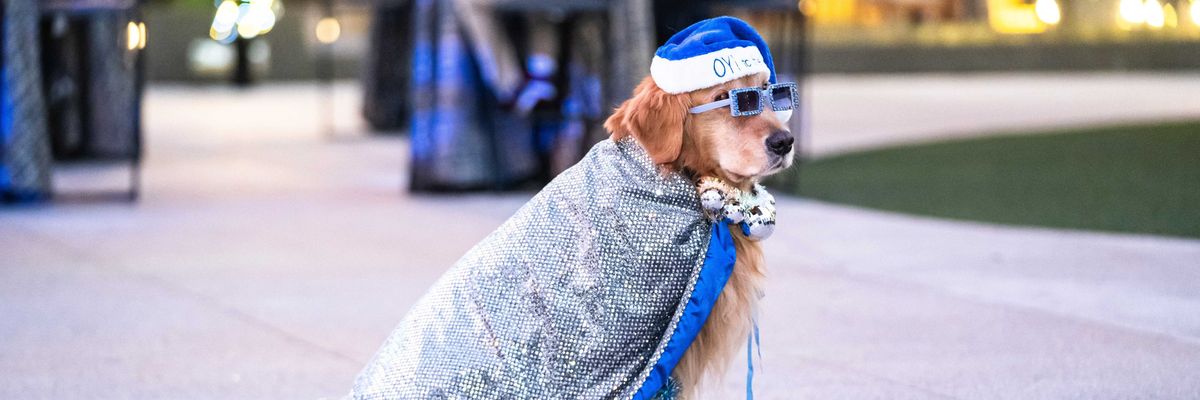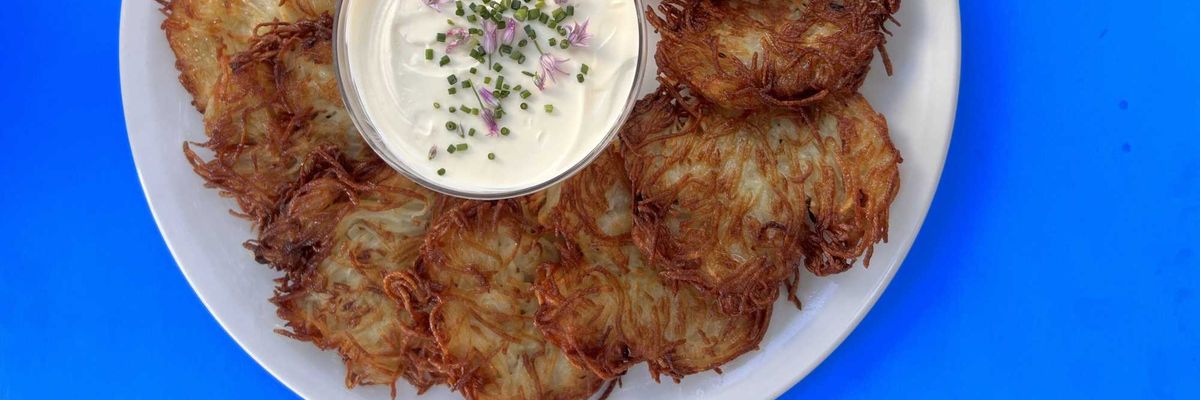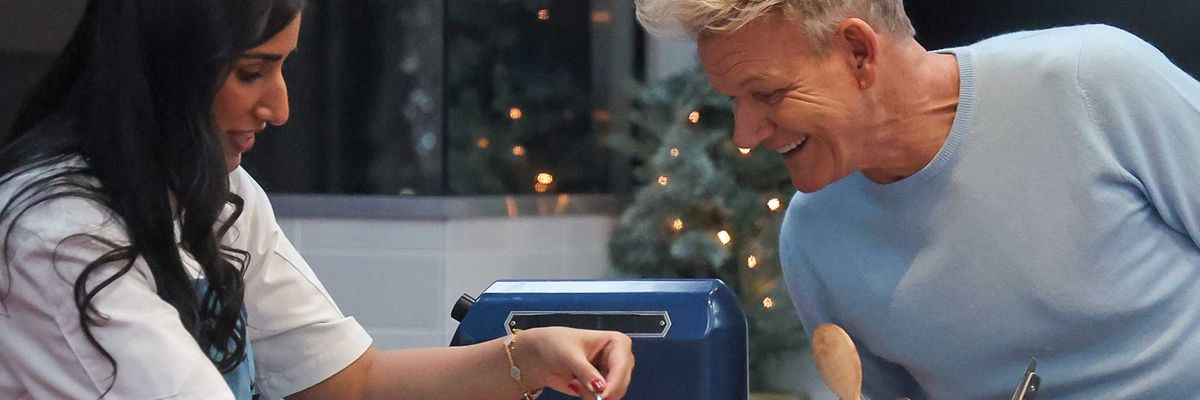Dolores Park has always been a scene stealer, and even a center of controversy. There are those who favor its gently rolling green lawn and warmer-than-the-rest-of-town climate for all manner of daytime revelry, picnics, and sports (hi); and then there's the camp who continue to lament the refuse that gets left behind from said shenaniganery (hi, again).
Lately, Dolores Park made national news as folks seemingly crowded the popular spot during shelter in place. Then, Mayor London Breed threatened to shut the whole place down if we didn't all behave. On Wednesday, good news arrived in the form of social distance spheres on the grass—six-foot chalk circles spaced evenly apart (at six feet, of course) to encourage responsible use of our beloved park. And with Memorial Day Weekend ahead, the timing could not be better.
Kudos to the City of SF for coming up with a creative solution that will, hopefully, keep everyone happy and breathing fresh air. The move got us wondering how other cities are rising to the challenge of reopening their public places while also maintaining social distance. The answers are brilliant, beautiful, and hilarious. Take a look.
San Francisco's Dolores Park gets "human parking spots" for social distancing.
On Wednesday, May 20th, news broke that made San Francisco's rosé-all-day-in-the-park crowd start readying the blankets and coolers for a very sunshine-y (hopefully) Memorial Day Weekend. Dolores Park—which recently made a star turn in a negative CNN segment about folks in the City breaking the rules of social distancing engagement—has been dotted with six-foot spheres by SF Rec and Park. Already being dubbed "human parking spots," the engineers of these social distance circles hope to mitigate too much close contact in one of the city's most popular al fresco hangouts.
Confession: SF appears to have stolen this idea from Brooklyn's Domino Park, but in light of Mayor London Breed's recent threat of closing Dolores, we're more than happy to take a cue from the Oakland of the East.
Mannequins, blowup dolls, and teddy bears fill empty seats at international restaurants to encourage social distancing while making spaces feel busy.
We don't know who started this trend, but we are so into it. At Virginia's MIchelin three-star restaurant The Inn at Little Washington, empty seats are being filled by mannequins wearing natty suits and ladylike dinner dresses. It's cheeky solution to reopening at limited capacity for guests who don't want to drop beaucoup bucks on a meal in an empty dining room.
The collective consciousness is on point at several eateries around the world. As Today reports, blowup dolls are joining the party at The Open Hearth in Greenville, South Carolina, and giant stuffed bears are pulling up chairs at restaurants from Las Vegas to Bangkok.
Sweden's Bord för en restaurant will serve tables via a clothesline.
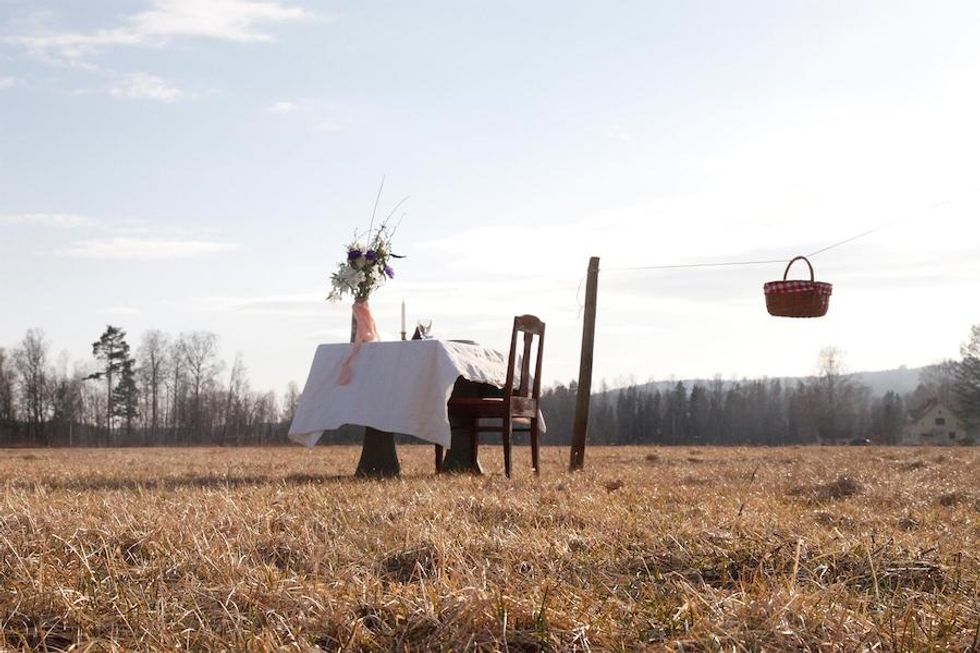
Since shelter in place took hold, we've all seen photos of socially distanced dining and through-the-window visits from the grandparents. In Varmland, Sweden, when Linda Karlsson's parents came for a visit, she and her chef-husband, Rasmus Persson, set up a table and linens outside and served them a meal through the window. Then a lightbulb went off. That very day, the couple set up a website for Bord för en, a first-of-its-kind restaurant that Fodors dubbed "the safest dine-in restaurant in the world."
Opened in May, the concept, whose name translates in English to "table for one," offers solo diners a true experience: a linen-clad table and a single chair out in a bucolic field where the meal is delivered via a quaint basket on a clothesline. The three-course menu of internationally inspired plates is comprised of local ingredients, and guests can linger as long as they'd like, no masks required.
In the Netherlands, Mediamatic Eten serves meals in private greenhouse dining rooms.
The Netherlands is ever a leader when it comes to innovative design, and Amsterdam restaurant group Mediamatic Eten promises the most stylish socially distanced dining we've seen yet. Their new concept, Serres Séparées, is already sold out through June, with foodies clamoring for reservations to feast on sophisticated vegetarian food inside private glass greenhouses on the waterfront. Servers wear gloves and face shields, and also present food on long boards to guarantee health safety, CNN reports.
Pool toys provide social distance at restaurants in Germany and Maryland.
Gott bless the Germans, they know how to have a good time. When the country lifted restrictions in early May, Café Rothe, located in Schwerin, welcomed coffee, cake, and beer lovers by handing out straw hats affixed with rainbow-colored pool noodles—a far cheerier approach to social distancing than, say, street markers or plastic barriers. We'll say prost! to that.
The Germans aren't the only ones day drinking with pool toys: In Ocean City, Maryland, the restaurant Fish Tales teamed with an event production company to open up a "bumper bar."
Nor are the Germans the only ones wearing funny hats: We're loving the creativity at a school in Hangzhou, China where students designed and crafted their own social distancing headwear inspired by ancient models worn by Song Dynasty emperors.
In Oakland and Berkeley, social distancing takes to the streets.
On May 1st, the City of Oakland became a trendsetter (ok, for real, The Town has long been a trendsetter) with its Slow Streets Program, an initiative that bars vehicular traffic on seventy-four miles of public roads. The move encourged residents to get outside for walks and bike rides while also keeping distance from others; San Francisco soon after followed suit.
Meanwhile in Berkeley, Mayor Jesse Arreguín and City Councilwoman Sophie Hahn have floated the Safe Open Air Dining proposal which, if approved, would expand the amount of seating restaurants can offer by opening up sidewalks and streets to table service while still maintaining six feet of distance between them.



